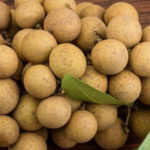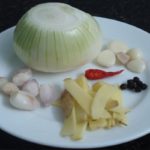Preparation before Power Outage
If you are aware of an upcoming power outage, you can take some necessary steps for food preservation:
Lower the temperature to the lowest level
To extend the shelf-life and storage of food, lower the temperature in the refrigerator to its lowest setting.
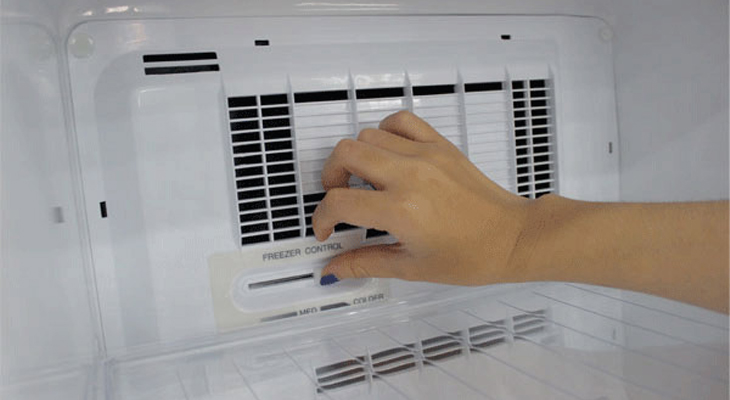
Rearrange the food in the refrigerator
To ensure proper air circulation and minimize the loss of cold air, it is advisable to organize the food in the refrigerator into sensible groups.
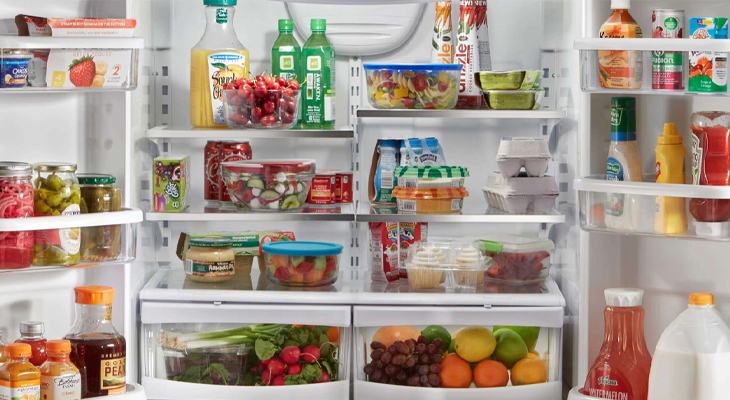
Add some water bottles to the refrigerator
Filling the empty spaces in the refrigerator with water bottles can improve its efficiency and reduce energy consumption. Water acts as a heat sink, helping to maintain a lower temperature inside the refrigerator.

Preserving Food during Power Outage
Limit opening the refrigerator
During a power outage, minimize opening the refrigerator to prevent the loss of cold air and prolong the preservation of food. Most refrigerators can keep food cold for at least one day without power.
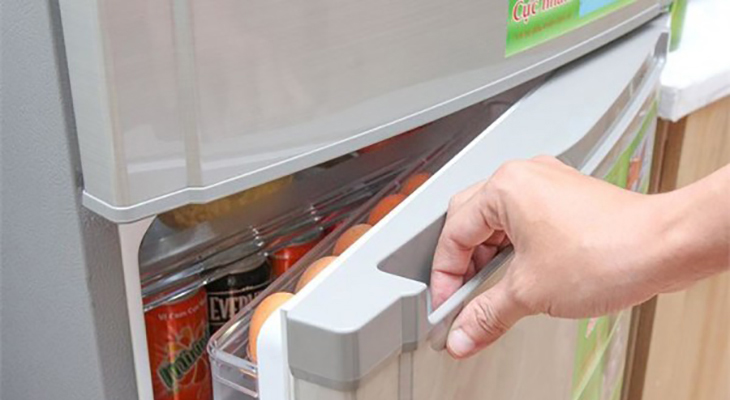
Use dry ice or ice bags
Consider using dry ice or ice bags to prolong the duration for which food stays cold during a power outage. According to the FDA, 22kg of dry ice can keep a freezer cold for up to 2 days.
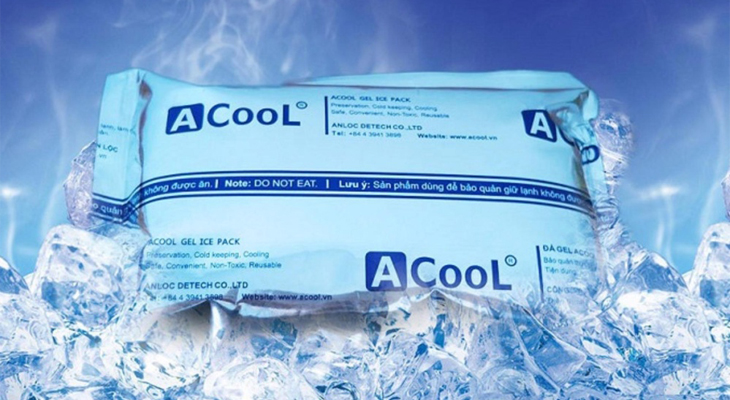
Avoid adding more items to the refrigerator
During a power outage, refrain from adding new food items to the refrigerator. This can disrupt the cooling process and cause other food items to thaw faster due to inadequate coldness.
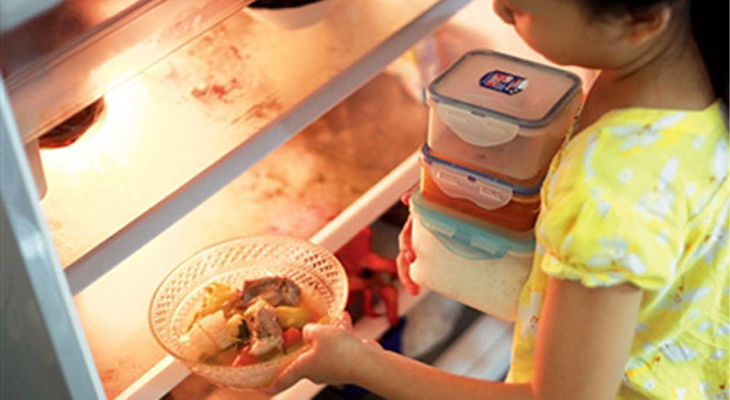
Avoid putting hot food in the refrigerator
Do not place hot food directly into the refrigerator, even when there is power. This practice can compromise the nutritional value of the food and affect the overall lifespan of the refrigerator.
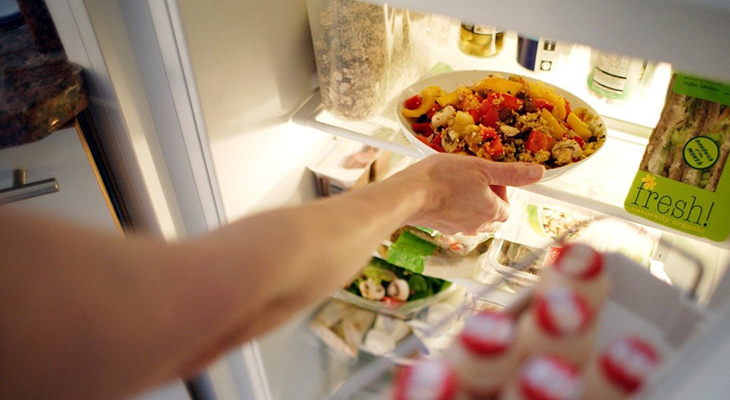
Check and cook food thoroughly
After removing food from the refrigerator during a power outage, carefully inspect and cook it to ensure safety. Pay special attention to items such as meat, milk, eggs, and fish, as they are more prone to spoilage.

Factors Affecting Thawing Speed for Refrigerators
Quantity of food in the refrigerator
Contrary to popular belief, a refrigerator with more food items will retain coldness longer than one with fewer items. To slow down the thawing rate, avoid removing food from the refrigerator unnecessarily during a power outage.
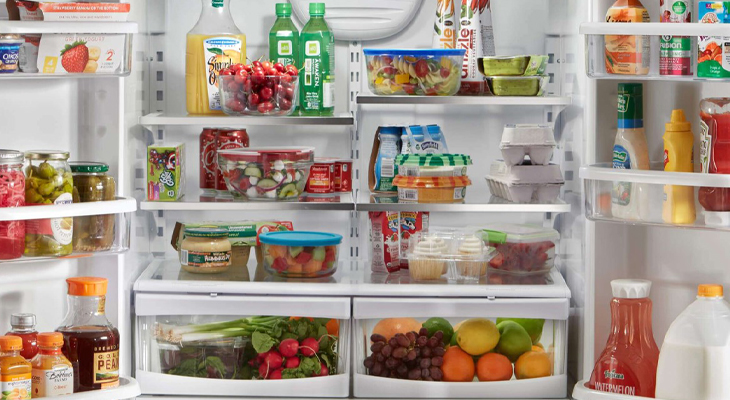
Temperature of the food
Colder food items thaw at a slower rate. Never place hot food in the refrigerator during a power outage, as it can raise the temperature inside and cause faster thawing of other items.
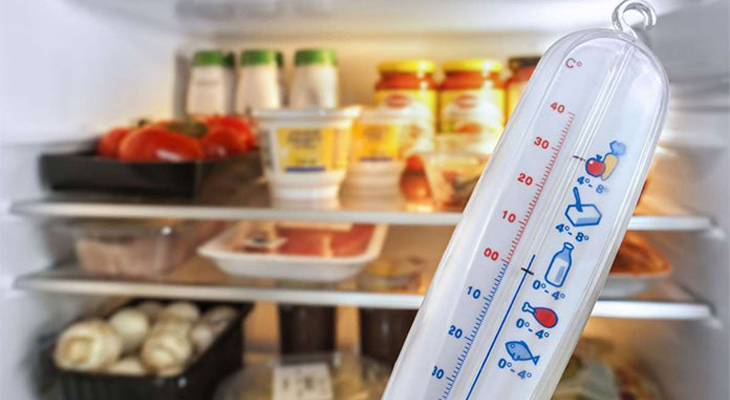
Insulation capability
The thawing process depends on the insulation capability of the refrigerator. Good insulation ensures food stays cold longer. Most refrigerators on the market have adequate insulation, but the effectiveness may vary based on the model.

Capacity of the refrigerator
A larger refrigerator capacity results in slower thawing of food. Choose a refrigerator with the appropriate capacity for your needs, considering different models and designs.

Handling Food after Power Outage
Flowers and fruits
If the flowers and fruits in the refrigerator remain fresh after a power outage, store them at the appropriate temperature. Remove any spoiled flowers or fruits to prevent them from affecting other food items in the refrigerator.
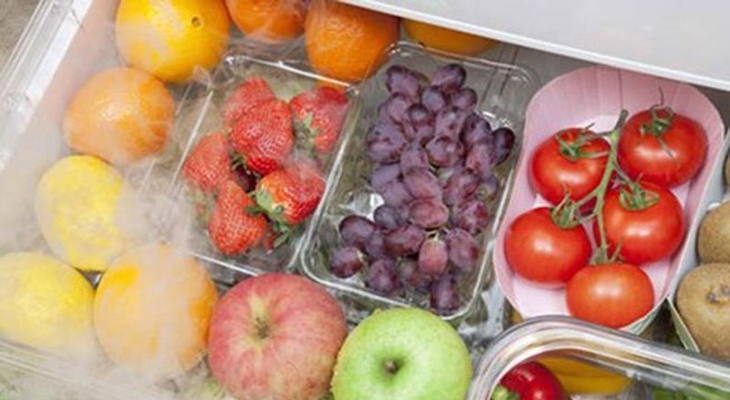
Processed foods
Cook and consume processed foods immediately while they are still cold. Refreezing processed foods can alter their nutritional composition. Discard any remaining or abnormally smelling processed foods.
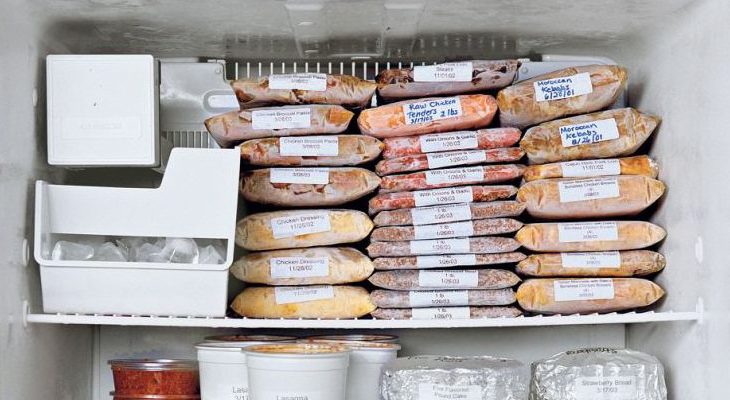
Vegetables
Preserving vegetables can be challenging as they spoil easily. Do not store vegetables once they have lost their coldness. Bacteria multiply rapidly in vegetables, and they can spoil without emitting any noticeable odor. Thoroughly check vegetables after removing them from the refrigerator during a power outage.
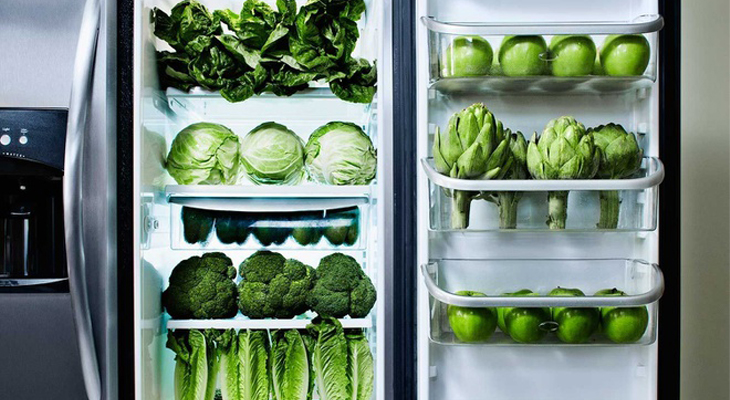
Meat
After a power outage, carefully inspect meat for signs of spoilage before consumption. If there is an unusual smell or if the freezer temperature exceeds 4-5 degrees Celsius for more than 2 hours, discard the meat immediately. Once thawed, use meat immediately and avoid putting it back in the refrigerator to maintain its nutritional quality.
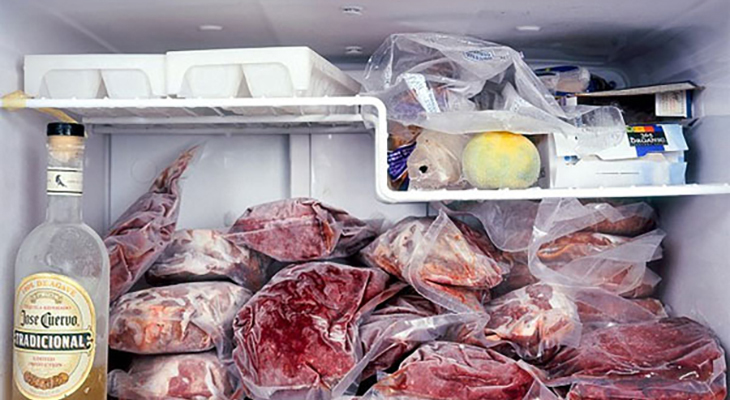
Seafood
Unless seafood still has ice crystals attached, never return it to the refrigerator after thawing. Seafood is highly perishable and requires proper storage at the correct temperature. Even if spoiled, seafood may not exhibit any unusual odor or signs, so it is essential to check carefully before cooking.
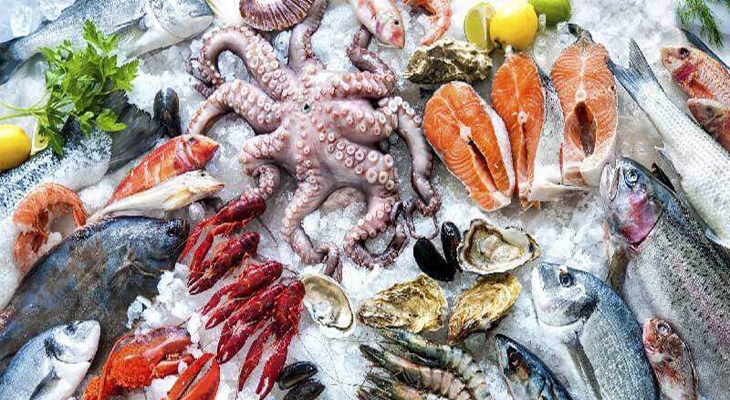
Ice cream
Due to melting during a power outage, ice cream should be discarded if it acquires an off taste.
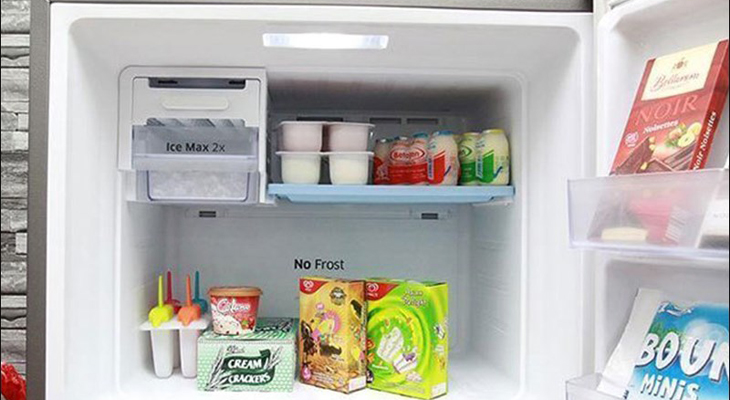
These guidelines aim to help you preserve food in the refrigerator during a power outage. We hope they prove useful to you and your family. If you have any questions or feedback, please feel free to leave a comment below the article!
More Useful Advice for Homemakers (Part 2)
Have you heard of the surprisingly easy tips to make cooking and household chores simpler? White radish eliminates the acrid taste of salted meat, adding alum to raw shrimp helps soften it, and adding cold water when frying eggs can make them crispy – these are just a few of the tricks to make your life easier.



























